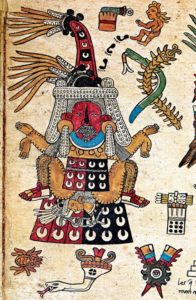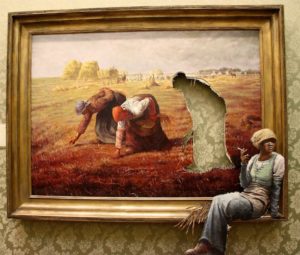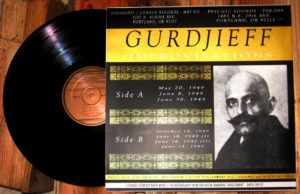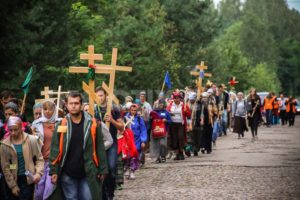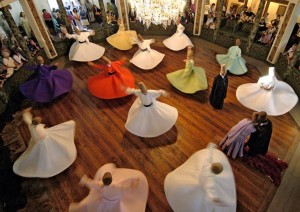
Religious Experience: Understanding and Explaining (Video)
The RSP collaborated with Society for the Scientific Study of Religion at their 2014 Annual Meeting in Indianapolis to offer and video record an interdisciplinary panel on the study of religion. Each of the papers presented are not only from different fields in the study of religion but also methodologically or theoretically apply an interdisciplinary approach. The authors represent the best in their fields. Some are established scholars with a body of work while others are up-and-coming talent.


